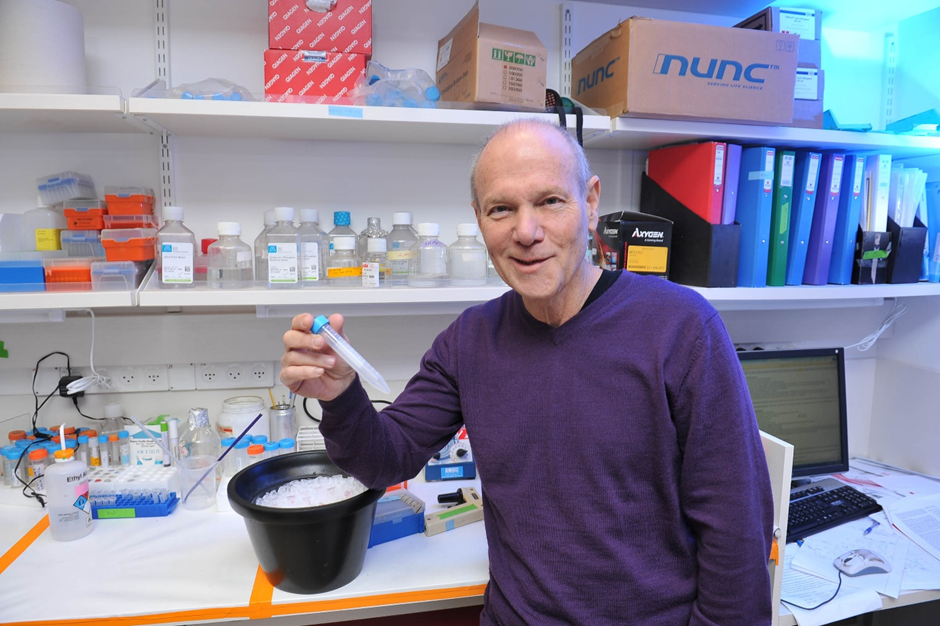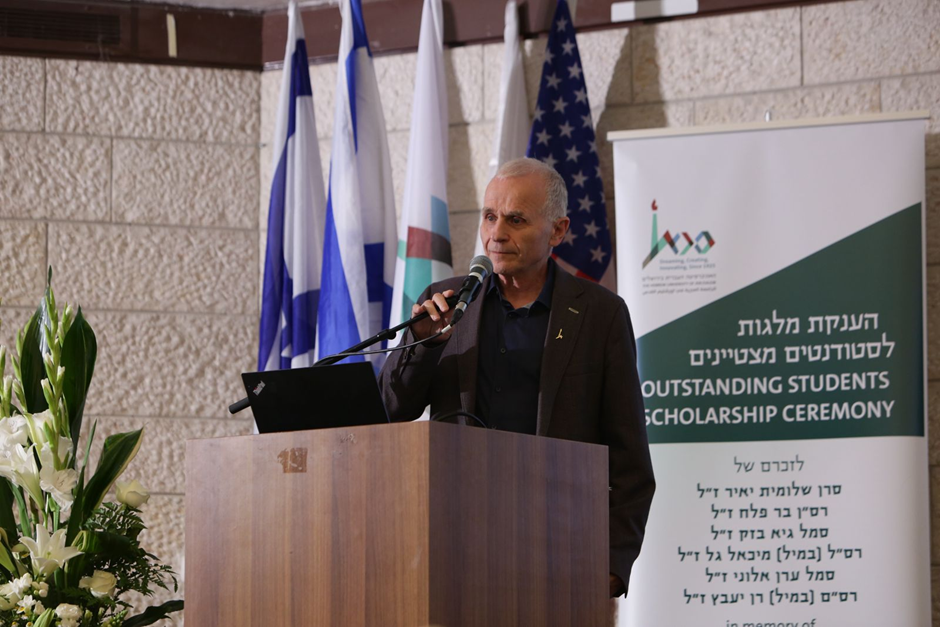
July 16, 2024 — The Hebrew University of Jerusalem proudly congratulates three of its esteemed researchers for receiving prestigious European Research Council (ERC) Proof of Concept (POC) Grants. These grants, each valued at €150,000 (about $163,000 USD), are designed to bridge the gap between groundbreaking research and its practical application, including early phases of commercialization.
The recipients from Hebrew University are:
- Professor Nir Friedman from the Rachel and Selim Benin School of Computer Science and Engineering for his project, “Differential diagnosis of autoimmune hepatitis by cfChIP-seq Liquid Biopsy.” Professor Friedman’s groundbreaking work combines computer science and biology. Specializing in computational biology and machine learning, he has made significant contributions to understanding gene regulation and developing innovative diagnostic techniques. His work on cfChIP-seq for liquid biopsy, which earned him the ERC Proof of Concept grant, shows promise for advancing clinical diagnostics, particularly in autoimmune diseases.
- Professor Eithan Galun from the Faculty of Medicine for his research on “Acute pancreatitis therapy by FGF21 expression.” Professor Eithan Galun is the founder and director of the Gene and Cell Therapy Institute at the Hadassah-Hebrew University Hospital, which he established in 1998 and remains the only such institute in Israel. Professor Galun’s work focuses on advancing research and clinical applications in gene therapy. He also plays a significant role in mentoring the next generation of medical researchers, having served until recently as a coordinator and mentor for the Hebrew University-Hadassah Medical School M.D.-Ph.D. program.
- Professor Ayelet Landau from the Department of Psychology and the Department of Cognitive and Brain Sciences for her innovative development of an interpersonal synchrony intervention in autism. Landau is an associate professor in the departments of Cognitive and Brain Sciences and Psychology at Hebrew University, where she leads the Brain Attention and Time Laboratory. Her work investigates how neural oscillations and behavioral rhythms influence perception and attention across various sensory modalities, contributing significantly to our understanding of cognitive neuroscience. Recently, she applied her expertise to the detailed characterization of joint action. This knowledge, together with the invention of a novel experimental platform, forms the basis for the POC award.
These grants are part of the first round of the 2024 ERC Proof of Concept competition, which has awarded 100 new grants across Europe. Notably, this round includes the 2000th project to receive Proof of Concept funding since the scheme’s inception in 2011.
“We extend our warmest congratulations to Professors Friedman, Galun, and Landau for their outstanding achievements and look forward to the potential impact of their work on society and scientific progress,” said Professor Asher Cohen, President of the Hebrew University of Jerusalem. “Hebrew University continues to demonstrate its commitment to cutting-edge research and innovation. These Proof-of-Concept Grants will enable our researchers to further develop their groundbreaking ideas and potentially bring them to market, contributing to advancements in autoimmune disease diagnosis, pancreatitis treatment, and autism intervention.”
Israel has shown a strong presence in this round of funding, securing seven projects and placing it among the top countries alongside the UK, Netherlands, Italy, France, Germany, and Spain.
Professor Maria Leptin, President of the European Research Council, emphasized the importance of these grants in driving innovation and business inventiveness stemming from frontier research.
Related articles
The Hebrew University Congratulates Prof. Yinon Ben-Neriah on Winning the Israel Prize for his Groundbreaking Research in Cancer
March 25, 2025 – AFHU joins the Hebrew University of Jerusalem in congratulating Prof. Yinon Ben-Neriah on being awarded the prestigious Israel Prize for his groundbreaking contributions to cancer research. Prof. Ben-Neriah is a distinguished physician, immunologist, and leading cancer
Hebrew University Honors Fallen Soldiers and Awards Scholarships in Their Memory
March 25, 2025 – As part of its enduring commitment to honor the memory of Israel’s fallen heroes, the Hebrew University of Jerusalem (HU) held two moving ceremonies this week. These events served as powerful moments of remembrance, gratitude, and unity—bringing together the academic
New Treatment for Canine Chronic Kidney Disease Proposed in Hebrew University Study
March 24, 2025 – A new potential treatment for chronic kidney disease (CKD) in dogs, paricalcitol, a synthetic form of vitamin D, could play a pivotal role in the treatment of the disease, according to a new study by Hebrew University researchers at the Koret School of Veterinary Medicine. The




